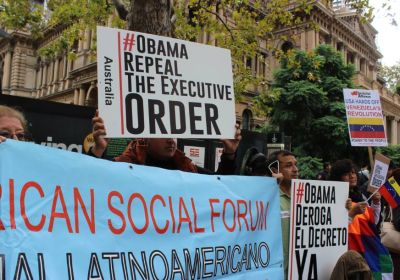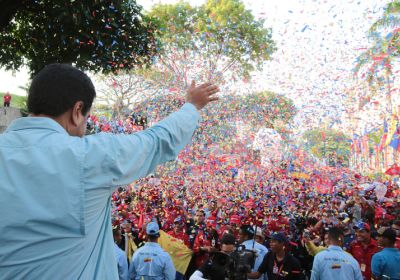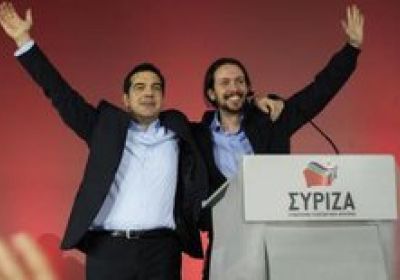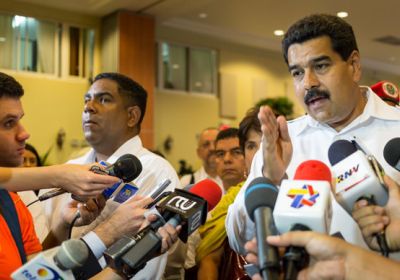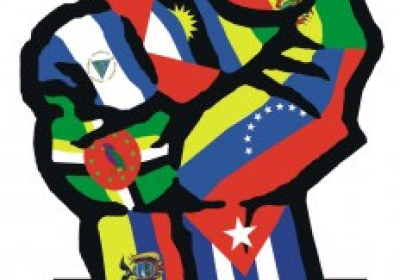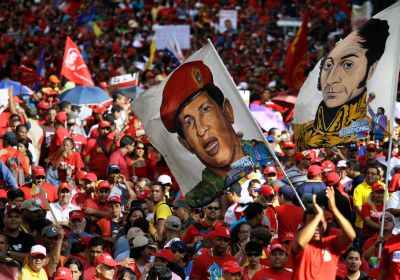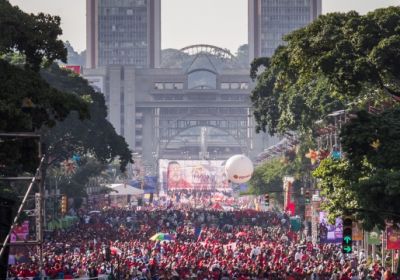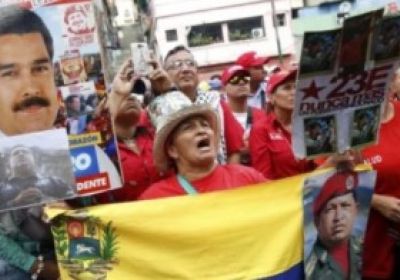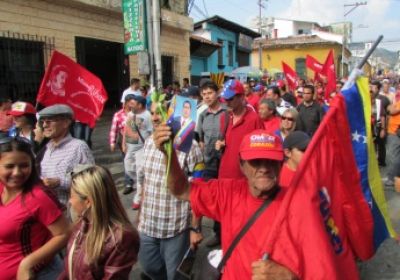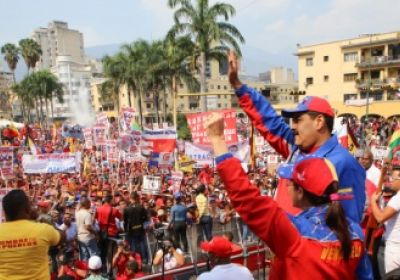
It is a point of honour for the Venezuelan government that despite the sharp plunge in oil prices and acute shortages of goods, President Nicolas Maduro has ruled out austerity measures.
In a recent TV interview with former vice president Jose Vicente Rangel, Venezuelan Central Bank president Nelson Merentes explained why, saying: “Do you remember what happened on February 27, 1989?”
